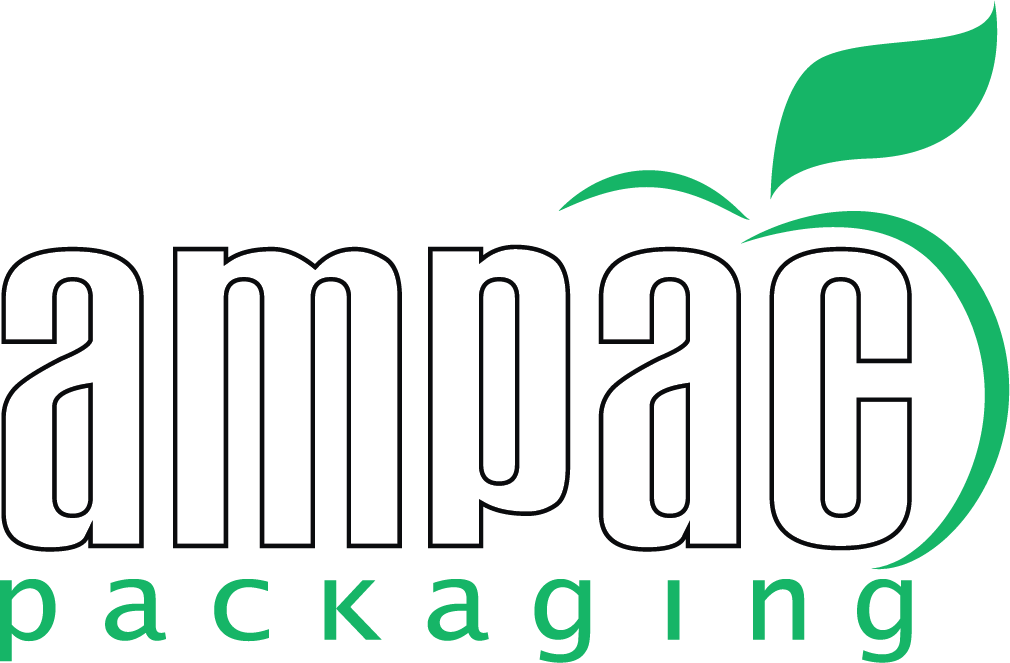There are different methods used to extend the durability of the product. In addition to chemical substances, vacuum methods or the use of natural fermentation acids, e.g. lactic acids, producers most often use pasteurization or sterilization as a way to stop the development of unfavorable microflora in food. When producing food, the most important aspects are hygiene, cleanliness and safety. The product must be edible for the prescribed period and free from any undesirable microorganisms.
Pasteurization
The process of heating a food product in its packaging, e.g. in a jar or can, to a temperature of approx. 70-95°C (158-203°F). Pasteurization inhibits the growth of vegetative microorganisms and enzymes and, importantly, does not affect the taste or smell of the product, but effectively extends the shelf life of the food.
Films for pasteurization:
- can be used e.g. at 85°C / 185°F for up to 45 minutes
Sterilization
A process similar to pasteurization, but definitely more invasive. Pasteurization is a long-term heating of the product at a lower temperature, sterilization is the heating of the product to a temperature above 100°C / 212°F. Thanks to such interference, the product is deprived of all microflora of microorganisms, both vegetative and spores. The date of consumption is definitely longer, because all microorganisms that affect food spoilage are then destroyed without losing the taste or smell of the product. The method is particularly popular in dairy processing. Products preserved with sterilization: meat and sausages; long-term milk and dairy products; canned fruit and vegetables with alkaline pH: canned corn, peas, beans, lentils etc.
Films and bags / retort pouches for sterilization:
- can be sterilized at 121°C / 250°F for up to 2 hours
- lidding films and films for thermoforming
- suitable for sterilization with gamma rays <25kGy
- suitable for sterilization with ethylene oxide (EO)
- the expiry date of the product reaches up to 36 months
- not suitable for use at temperatures below 0°C / 32°F
- can be heated under high pressure inside a retort or autoclave machine
- thinner and resistant to mechanical damage
- possible high-quality printing
